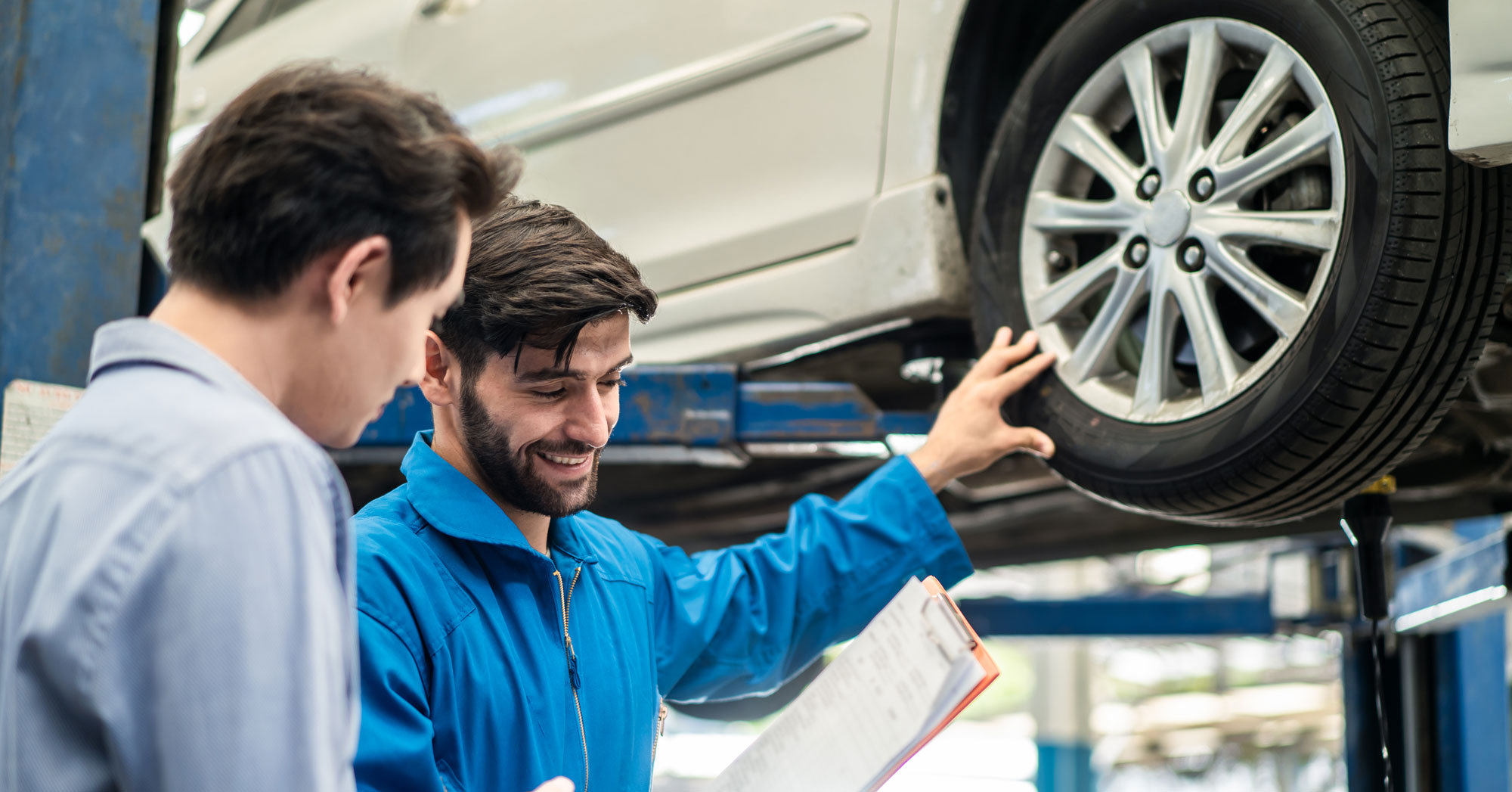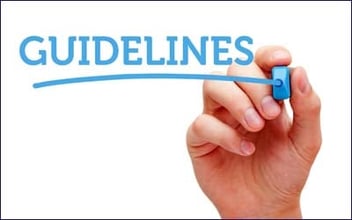
The Occupational Safety and Health Administration (OSHA) is a federal agency responsible for setting and enforcing workplace safety standards. These regulations apply directly to car dealerships and automotive repair shops and are necessary for preventing accidents and injuries. OSHA compliance, such as ensuring the safe operation of heavy machinery and maintaining a hazard-free environment, protects both employees and customers. The following strategies can be implemented to guarantee OSHA compliance within dealership settings:
Documentation and Record-Keeping
Train your team on the importance of maintaining accurate records related to safety training, inspections, and incidents that occur in the workplace. This includes providing clear guidelines on how to document and report accidents or injuries to OSHA in a timely, accurate manner to ensure immediate resolution. Proper incident reporting protocols involve documenting and detailing accidents or injuries and noting relevant information such as date, time, and location. Doing so ensures regulatory compliance and also helps in identifying and addressing potential safety threats.
OSHA Compliance Training
Regular training sessions focused on OSHA regulations are required for dealership employees. These sessions educate employees and employers on updated safety protocols to ensure a safe working environment per regulatory standards. Encourage active participation by incorporating interactive elements and quizzes to enhance their understanding of safety measures. Also, look into various OSHA outreach programs and resources so that employees can dig deeper into specific safety topics relevant to their roles.
OSHA compliance training shouldn't be a one-time event. To ensure information stays fresh in employees' minds and new staff is adequately notified, it's recommended to conduct refresher sessions annually. Regular training reinforces key safety principles and helps employees internalize important procedures. Keeping their knowledge and skills fresh not only reduces the risk of accidents and injuries but also promotes a culture of safety and accountability within the dealership environment.
Equipment Safety
Never assume any one area of a car dealership environment is safe, including the showroom floor. Despite the seemingly benign conditions, hazards can lurk in the form of automotive equipment. Improper operation of automotive lifts or negligence in handling power tools can lead to accidents such as falls or crush injuries. The consequences can be severe, potentially leading to legal liabilities and costly lawsuits for the dealership.
In extreme cases, these incidents may result in catastrophic injuries or fatalities that cause irreparable harm to workers and damage the dealership's reputation. Negligence in enforcing equipment safety further jeopardizes employee well-being and exposes the dealership to regulatory penalties and even permanent closure.
That said, conduct extensive training sessions focused on the safe operation of equipment commonly found on the dealership floor. Outline steps to identify potential risks and place emphasis on wearing appropriate personal protective equipment (PPE) where applicable. Don't stop at training; enforce regular inspection and maintenance schedules to prevent equipment malfunctions and related accidents.
Emergency Procedures
Emergency preparedness is paramount for the safety and well-being of dealership employees and customers alike. Unforeseen circumstances such as fire outbreaks, medical emergencies, and even severe weather events require a coordinated response. Conducting training sessions on emergency procedures equips employees with the necessary skills to respond and handle crises effectively.
For example, you can have drills that simulate scenarios like fire evacuations, requiring employees to locate and utilize emergency exits. In addition, first aid exercises prepare staff to administer help in medical emergencies, thus ensuring a swift action to critical situations. All staff members must be familiar with the location of emergency exits, fire extinguishers, and first-aid kits.
Such emergency procedures can be conducted by designated safety officers within the dealership. Outsourcing training initiatives to qualified professionals is also a viable option for auto dealers. External experts can provide specialized knowledge and resources to ensure emergency preparedness for dealership teams.
Concerned about OSHA compliance? Contact Vanguard Dealer Services today for a complete review and action plan.




